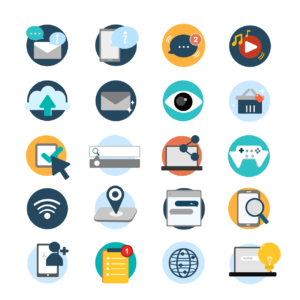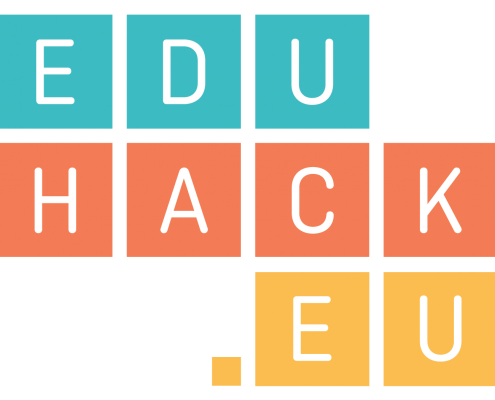 An essential attribute of all good educators is the ability to select reliable resources that are both effective and suitable in relation to specific learning contexts, goals, pedagogical approaches and groups of learners.
An essential attribute of all good educators is the ability to select reliable resources that are both effective and suitable in relation to specific learning contexts, goals, pedagogical approaches and groups of learners.
Educators and students are often provided with digital resources by their universities, but in certain situations it might be important to go beyond institutional boundaries in order to experiment with emerging educational practices, to help students develop required competences and/or to engage with wider communities. In this regard, it is essential for digitally competent educators to understand, and be able to make informed decisions based on, possible restrictions to the use or re-use of digital resources (e.g. copyright, file type, technical requirements, accessibility) and on the social, economic and ethical implications connected with using a specific resource.
Having the possibility of adapting existing digital resources provides a mechanism for constructing interactive roles for teachers and learners as active participants in educational processes, who learn by doing and creating, not just by reading and absorbing. Open licences, that encourage reuse and adaptation of digital resources, can give a significant contribution to creating more effective learning environments. Rather than thinking of open and closed as binary concepts, it is more appropriate to see them as the two ends of a wide continuum: resources can be more or less open depending on the rights reserved by their authors as well as on their technical and design choices.
Finally, two important competences are to be able to organize digital resources in order to make them easily and freely available to your students and to other people within an educational context, and to choose the best dissemination channels to successfully share your resources, respecting licensing terms and other protected rights.

